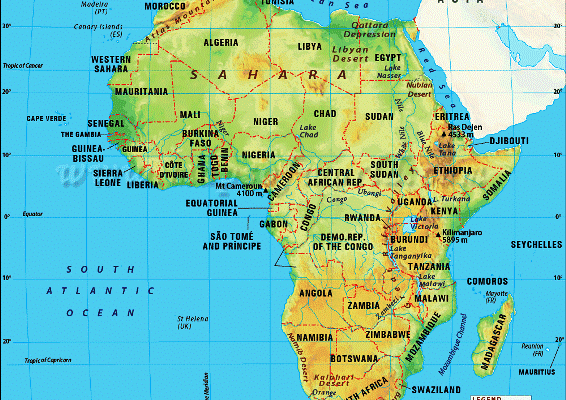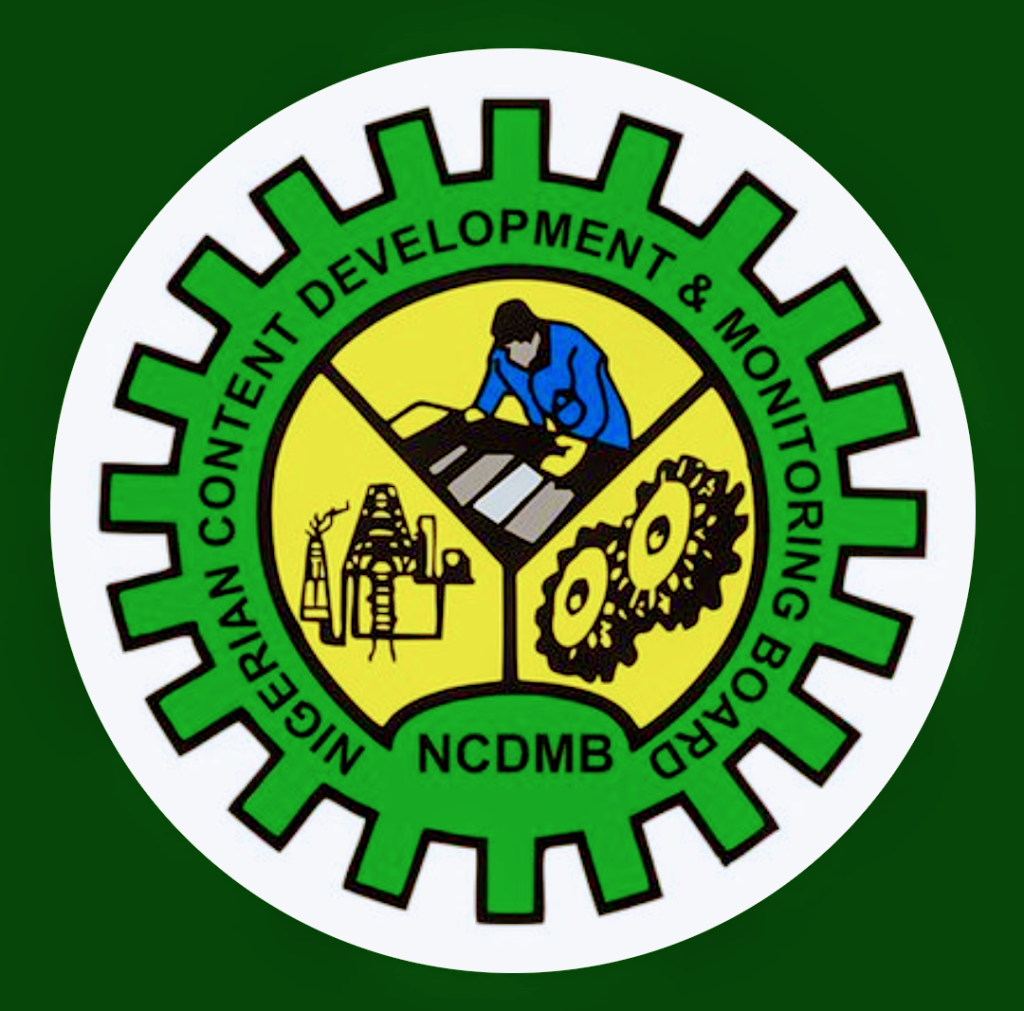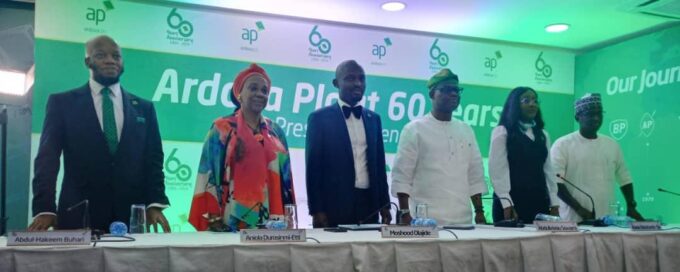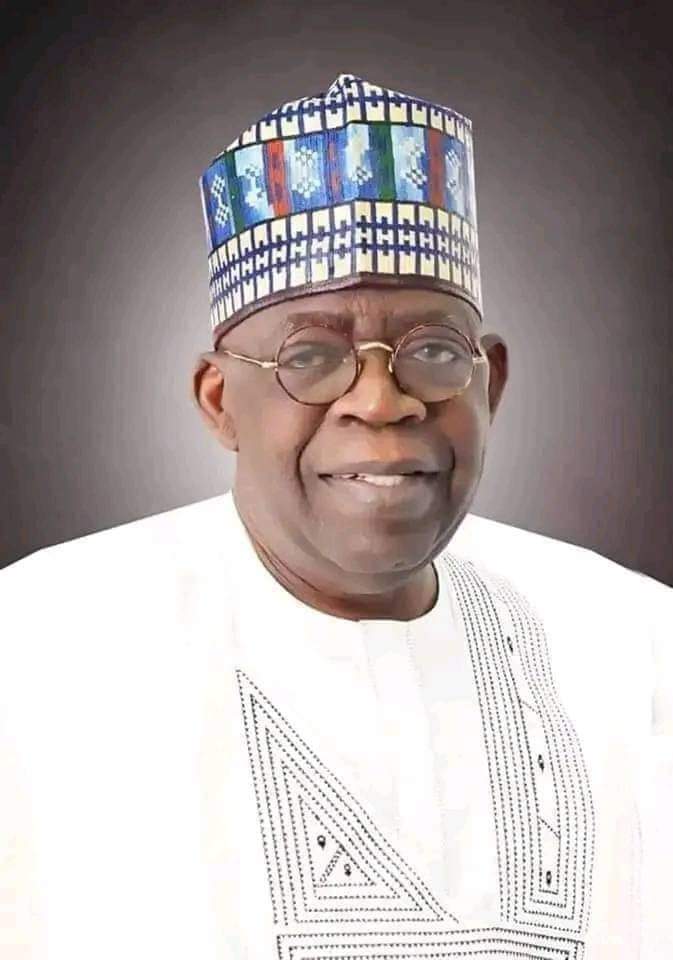Africa must set the terms and the time frames of its own energy transition. This was the message of South African Deputy President Paul Mashatile as he delivered the keynote speech at African energy event AOW: Investing in Africa’s Energy.
“We recognise the need to reduce carbon emissions, but we are also committed to economic development,” said Mashatile on the opening day of the event.
“Often, we get given resources or money, and we are told we need to transition within a certain period,” he said. “We must say no to that. We must be able to look at our own needs and to set our own time frames. As Africa, we must keep the lights on during the transition.”
Mashatile said developing Africa’s oil and gas resources needed to be an element of Africa’s energy transition.
“Mineral resources are the currency that drives economic growth,” Mashatile said. “Any conversation about developing Africa’s resources must come from the perspective of African nations for their own benefit. We must work to build synergies across our economy to address the stubborn poverty we see in our nations.
Mashatile also noted that developing its oil and gas resources could help many African nations achieve their UN Sustainable Development Goals, particularly Goal 7, on reliable, sustainable and modern energy for all, Goal 8 on decent work and economic growth, and Goal 9, which relates to industry, innovation and infrastructure”.
“Events like AOW can advocate for Africa to expand its energy sector with effective and sustainable carbon management techniques, so that the energy transition also leaves a legacy of socio-economic development,” he said.
Also Read: Oando Set To Participate As Lead Sponsor Of Africa Oil Week (AOW) 2023
Also appearing on the opening day of the conference, South African Minister of MineralResources and Energy Gwede Mantashe noted that while African countries acknowledged the need for an energy transition, there had to be an “African context” to the transition.
“When you have a situation where 600 million African people do not have access to electricity, we have to put our people’s development needs first,” he said. “The energy transition cannot be an imported concept that does not apply to our African realities.”
Mantashe noted that larger economies were still commissioning dozens of coal-fired power stations every year, even while they embarked on an energy transition.
“South Africa is operating only 14 coal-fired power stations. A country like China commissioned dozens of new coal-fired power stations in 2022 alone,” he said.
A recent report by the Centre for research on Energy and Clean Air found that during 2022, coal power capacity starting construction in China was six times as large as the rest of the world combined.
“We cannot be told how to develop,” said Mantashe. “Africa’s growth must be organic, original and African. We need to share ideas and engage on how to embrace the opportunities on the continent.”
AOW 2023 is taking place at the CTICC2 from October 10-13 under the theme “Maximising Africa’s Natural Resources”.
Related News














